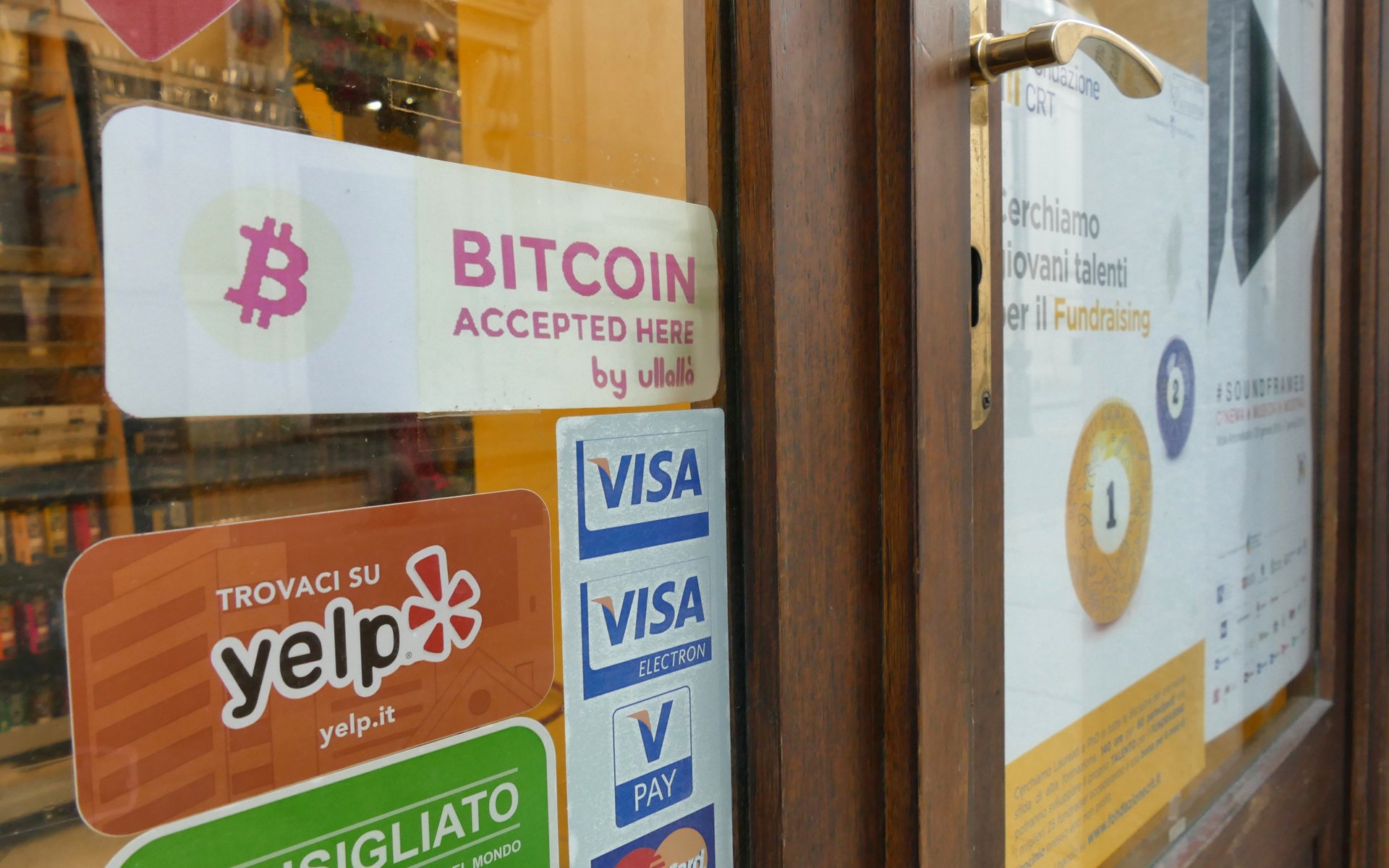75 percent of cryptocurrency holders would spend their coins in Point-of-Sale (PoS) transactions if they could, a new study into crypto consumer habits reveals.
‘Real Demand For Greater Adoption’
The study, conducted by UK-based cryptocurrency purchasing website CreditCoin, also showed the desire to spend cryptocurrency in ‘real life’ did not depend on age. 84 percent of the baby boomer generation would also welcome the opportunity.
A total of 80 percent considered their purchases strictly as an investment, being either “did not understand” or were “unaware” of the ability to spend crypto before being told.
CreditCoin spokesman John McLeod commented in an accompanying press release:
Although it is mainly viewed as an investment vehicle, there is real demand for greater use and adoption by third parties and a belief that despite many established institutions criticising altcoins, this technology is here to stay.
CreditCoin offers purchasing facilities for Bitcoin, Litecoin and Ethereum using credit or debit cards.
40 Percent Haven’t Bought Because It’s ‘Too Difficult’
Cryptocurrency markets have been the subject of various surveys in recent months, businesses keen to test sentiment as prices continue to slowly deteriorate this year.
Contrary to popular belief, assessments overwhelmingly point to continuing faith among investors both private and corporate.
As Bitcoinist reported last week, consumers in South Africa even expressed regret that they had not bought Bitcoin early enough, despite prices being down around 75 percent against December 2017’s all-time highs.

For prospective US investors, too, interest remains, CreditCoin reporting a principal hurdle was a perception that purchasing cryptocurrency is “difficult” (44 percent). A total of 42 percent said they did not know how to acquire coins.
Fortunately, accessibility is improving with mobile apps like Square Cash and Abra making it easy to buy bitcoin with credit cards.
Focusing on millennials, 40 percent already owned them, however, with men twice as likely to have bought in as women (48 percent and 26 percent, respectively).
64 percent of the younger generation also have “worries” about security, a figure which is in fact higher than their elders, only 55 percent of whom share such concerns.
What do you think about the latest survey results? Let us know in the comments section below!
Images courtesy of Shutterstock











